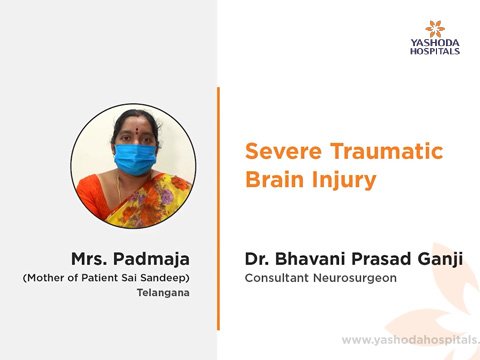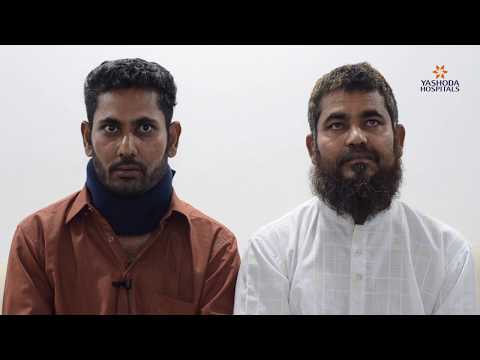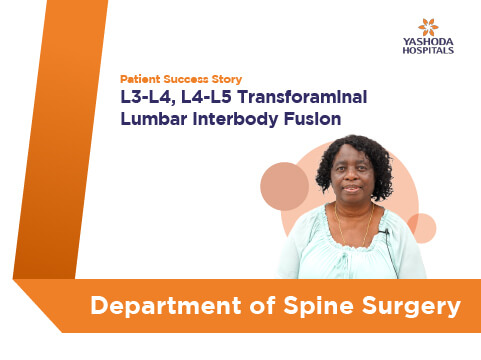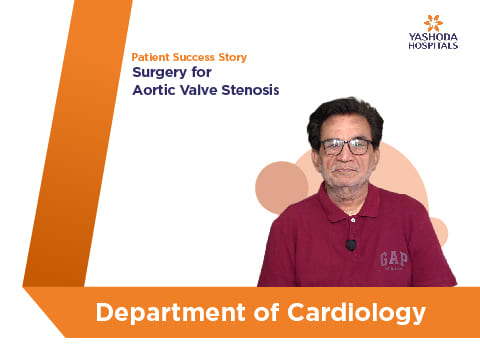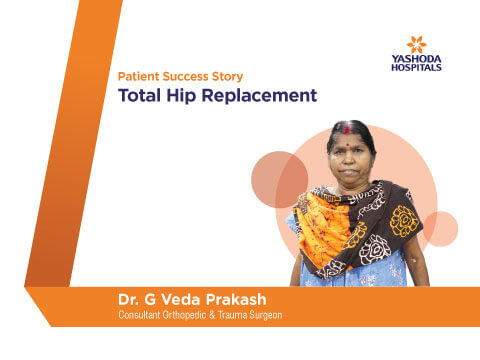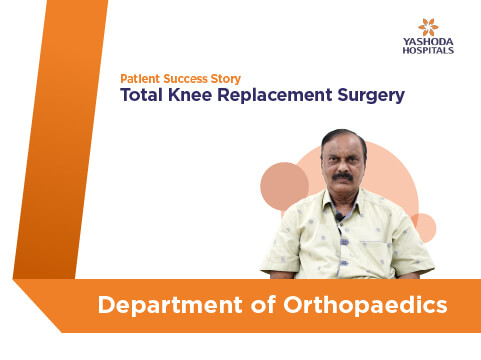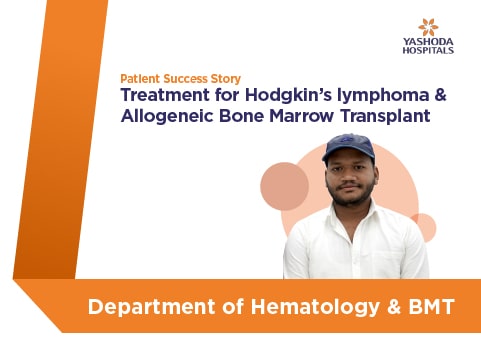- 24/7 Appointment Helpline
- International
- Home
- About
- News
- Locations
- Specialities
- Arthroscopy & Sports Medicine
- General Medicine
- General Surgery
- Pain Management
- Bariatric Surgery
- Gynaecology
- Pediatrics
- Pediatric Surgery
- Cancer (Oncology)
- Radiation Oncology
- Heart & Lung Transplant
- Physiotherapy
- Cardiology
- Hematology & BMT
- Plastic Surgery
- Critical Care
- Interventional Radiology
- Pulmonology
- CT Surgery
- Kidney Transplant
- Radiology
- Dermatology
- Liver Transplant
- Rheumatology
- Emergency Services
- Robotic Science
- Endocrinology
- Multiorgan Transplant
- Spine Surgery
- ENT
- Head & Neck Cancer
- Nephrology
- Neurosciences
- Lung Transplant & Thoracic Surgery
- Medical Gastroenterology
- Surgical Gastroenterology
- Nuclear Medicine
- Urology
- Orthopaedics
- Ophthalmology
- Vascular Surgery
- Pancreas Transplant
- International Patient
- Patient Info
- Blog
- 914045674567 – 24/7 Helpline
- 04066000066 – International
- Home
- Specialities
- Arthroscopy & Sports Medicine
- Bariatric Surgery
- Cancer (Oncology)
- Radiation Oncology
- Cardiology
- Critical Care
- CT Surgery
- Dermatology
- Emergency Services
- Endocrinology
- ENT
- Head & Neck Cancer
- Medical Gastroenterology
- Surgical Gastroenterology
- General Medicine
- General Surgery
- Gynaecology
- Heart & Lung Transplant
- Hematology & BMT
- Interventional Radiology
- Kidney Transplant
- Liver Transplant
- Multiorgan Transplant
- Nephrology
- Neurosciences
- Nuclear Medicine
- Ophthalmology
- Orthopaedics
- Pain Management
- Pediatrics
- Pediatric Surgery
- Physiotherapy
- Plastic Surgery
- Pulmonology
- Radiology
- Rheumatology
- Robotic Science
- Spine Surgery
- Lung Transplant & Thoracic Surgery
- Urology
- Vascular Surgery
- Pancreas Transplantation
- Treatments
- Procedures
- International Patients Info
- Book Doctor Appointment
- Locations
- Health Checks
- Patient Info
- Health Blog
- About Us
- News
- Reports
- Education
- Careers
- Contact Us
-

Book Doctor
Appointment -

Free Medical
Opinion -

Chat on
WhatsApp
Patient Testimonial for Treatment for Liver Disease
Testimonial by Mr. Umesh Kumar Trikhatri
Liver disease refers to a broad range of conditions that affect the liver’s structure or function, including hepatitis, cirrhosis, fatty liver disease, and liver cancer, among others. Liver disease can lead to liver damage, impaired liver function, and potentially life-threatening complications.
The treatment aims to manage the underlying cause, prevent further liver damage, and support liver function. Medications may be prescribed to manage symptoms, reduce inflammation, or target the underlying cause of the liver disease. In some cases, surgical interventions, such as liver transplantation or procedures to remove liver tumors, may be necessary.
Recovery from liver disease involves ongoing medical monitoring, adherence to treatment plans, and regular follow-up appointments to assess liver function and overall health. Lifestyle modifications, such as adopting a healthy diet, exercising regularly, and avoiding alcohol, are also recommended.
Mr. Umesh Kumar Trikhatri from Sikkim successfully received treatment for Liver Disease at Yashoda Hospitals, Hyderabad, under the supervision of Dr. Dharmesh Kapoor, Consultant Hepatologist.
Other Testimonials
Mrs. Padmaja (patient’s mother)
“My son met with a major road accident which led to a severe injury in his...
Read more
Mr. Mafizur Sheik
Spine Surgery: I had successful spine surgery with Dr. Ravi Suman Reddy. Today,...
Read more
Dr. R. M. Noble
Total knee replacement (TKR), or knee arthroplasty, is a surgical procedure...
Read more
Ms. Mwelwa Flavia
Transforaminal lumbar interbody fusion (TLIF) is a minimally invasive spinal...
Read more
Mr. Ramesh Kumar
Surgery for aortic valve stenosis is a procedure that involves the removal of...
Read more
Mrs. Thanda Pal
Total Knee Replacement is a surgical procedure where the affected knee joint is...
Read more
Mrs. Huda Majed Farah
Mrs. Huda Majed Farah from Sudan successfully received treatment for Breast...
Read more
Mr. Kumara Swamy
Total knee replacement (TKR), also known as knee arthroplasty, is a surgical...
Read more
Mr. Chandrakanta Naik
Hodgkin's lymphoma is a form of cancer in which white blood cells called...
Read more
Mr. Daniel Mawerere
Mr. Daniel Mawerere from Uganda successfully underwent Aortic Root Replacement...








